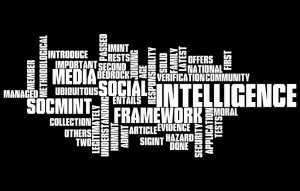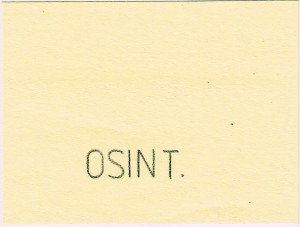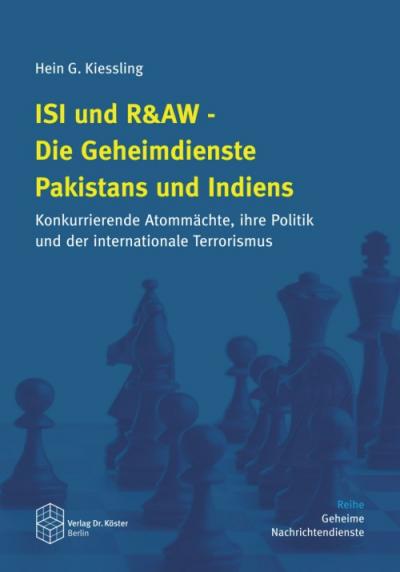Streetspotr, a German start-up claiming to offer Germany’s first ever smartphone app that crowdsources workforce, has received growing media coverage recently. While most of these hands-on reviews focus on the concept’s quality for the user to generate money by carrying out simple GPS guided tasks such as photographing and mapping POIs, its potential for commercially crowdsourcing intelligence collection should not be ignored in the light of an ever increasing outsourcing and privatization of intelligence work in general (also see here).
It goes without saying that using smartphones as local sensors is neither a new nor original idea at all, just think of the well-established Ushahidi crowdmapping platform, or eyeQuest, yet another German start-up, and many other providers and gateways of ‘OSINT in a pocket’ or ‘Rent-a-Spy’. It still is a promising one, both for gathering atmospheric and concrete open-source GEOINT information. Though largely driven by the private sector, governments would be well advised to keep track of the corresponding innovations, to utilize and to alter them for their purposes.
Earlier this year, Nicholas Mumm, writing for the ‘Small Wars Journal‘, contributed a couple of noteworthy thoughts on the HUMINT dimension of crowdsourcing in COIN contexts, some of which may also hold true for our above example, namely:
“Technology that creates small world networks (social networks) further increases its power. This phenomenon can be explained using Reed’s law which states utility of large networks, especially social networks, can scale exponentially with the size of the network. (…) The world-wide proliferation of cell phone technology creates tremendous opportunity […] to create a large social network within the population for human intelligence collection. Similar to wireless internet, mobile phone coverage is prolific, inclusive, and growing. (…) The growth of the mobile phone market is not isolated to the largest, most-developed countries in the world. (…) Now, it is possible to quickly and inexpensively create a large, inclusive network to take advantage of data collected from sources that were once inaccessible, including those who will only have one significant contribution, ever.”
Projects like IARPA’s ‘Open Source Indicators‘ will likely benefit from systematically putting the crowdsourcing tools at hand to the test. And others will follow.






Post a Comment